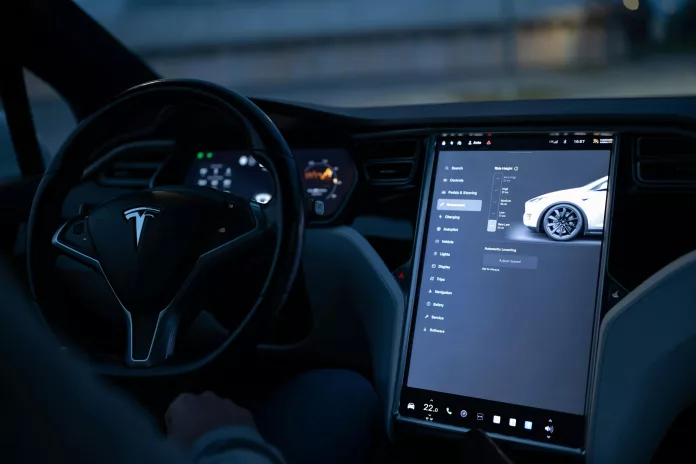The Shockwave in the Electric Vehicle Realm
In a recent and significant shift within the electric vehicle (EV) sector, Tesla‘s announcement of a workforce reduction exceeding 10% has reverberated throughout the industry. This decision by Tesla, a vanguard of EV innovation, carries substantial weight not only for the company but also for the global EV revolution. Tesla has epitomized the acceleration of EV adoption, with its influence felt far beyond its home shores, lighting the path in North America and Europe, even as companies like BYD establish dominance within China. The cutback at Tesla echoes as a concerning signal for those invested in the sustainable transition of transportation.
Tesla’s Turbulence: A Closer Look
Turning the lens on Tesla itself, there’s no denying the internal challenges that have emerged. A pattern of increased marketing efforts towards existing and potential customers, coupled with reduced pricing, has hinted at Tesla’s struggle with the delicate dance of demand and supply. These pressures have not gone unnoticed, with various incentives being offered to encourage the purchase of new vehicles. From the inclusion of Full Self-Driving (FSD) capabilities to lifetime Supercharging benefits, Tesla has been aggressively appealing to its customer base. This assertive approach serves as a beacon, revealing concerns over demand that cannot be ignored—especially when juxtaposed with the ambitious benchmarks Tesla set for itself, such as a 50% growth target year on year.
The Impact of Leadership and Vision
Addressing the stark reality facing the company requires coming to terms with the issues at hand. It appears that a seeming detachment from core challenges, potentially emanating from leadership, may have contributed to Tesla’s current predicament. A resistance to acknowledge and confront these “elephants in the room” could be responsible for steering the company into troubled waters. With high-profile departures from Tesla’s executive team, such as Drew Baglino and Rohan Patel, there is speculation about the direction in which the company is heading.
Underestimating the need for innovation and diversification may have also led to stagnation. While breakthroughs were made, complacency perhaps crept in, diluting the focus on continuous improvement and growth. Tesla’s initial mission to make a mass-market impact was indeed successful, but the assumption that the Model 3 and Model Y would indefinitely sustain growth momentum seems questionable. The growing perception is that a broadened mass-market portfolio might have been necessary to maintain Tesla’s impressive expansion.
Reflecting on Tesla’s Strategy and Future
Critics and supporters alike ponder whether Tesla’s current situation is just a hiccup in a broader narrative of exponential growth or a sign of deeper systemic issues. Staff downsizing might be construed as trimming redundancy, yet for some, the harsh truth lies in the financials—with sales not scaling as anticipated, resources to support the workforce diminish accordingly. Amid attempts to portray Tesla’s ongoing challenges in a positive light, the unsettling reality of declining sales and substantial layoffs contradicts the notion of a flourishing enterprise.
Finally, Tesla’s original vision of a fleet of autonomous robotaxis remains conspicuously unfulfilled, questioning both the plausibility of past projections and the strategic direction ahead. Whether this is a transient phase or a precursor to more unexpected developments, one thing is clear: a tenth of Tesla’s creative force, who yesterday contributed to the company’s mission, will no longer be part of crafting tomorrow’s innovations.


























